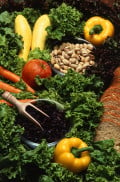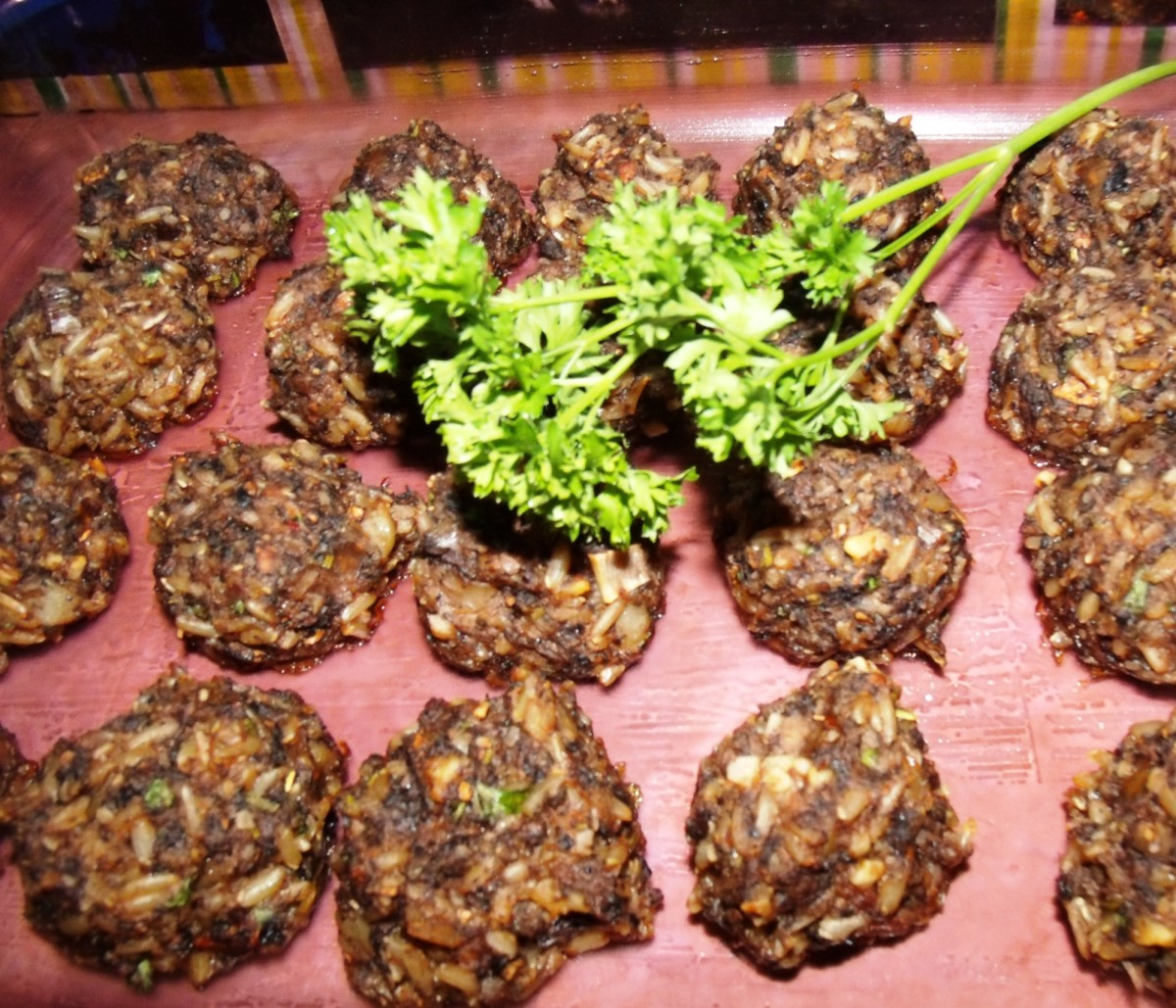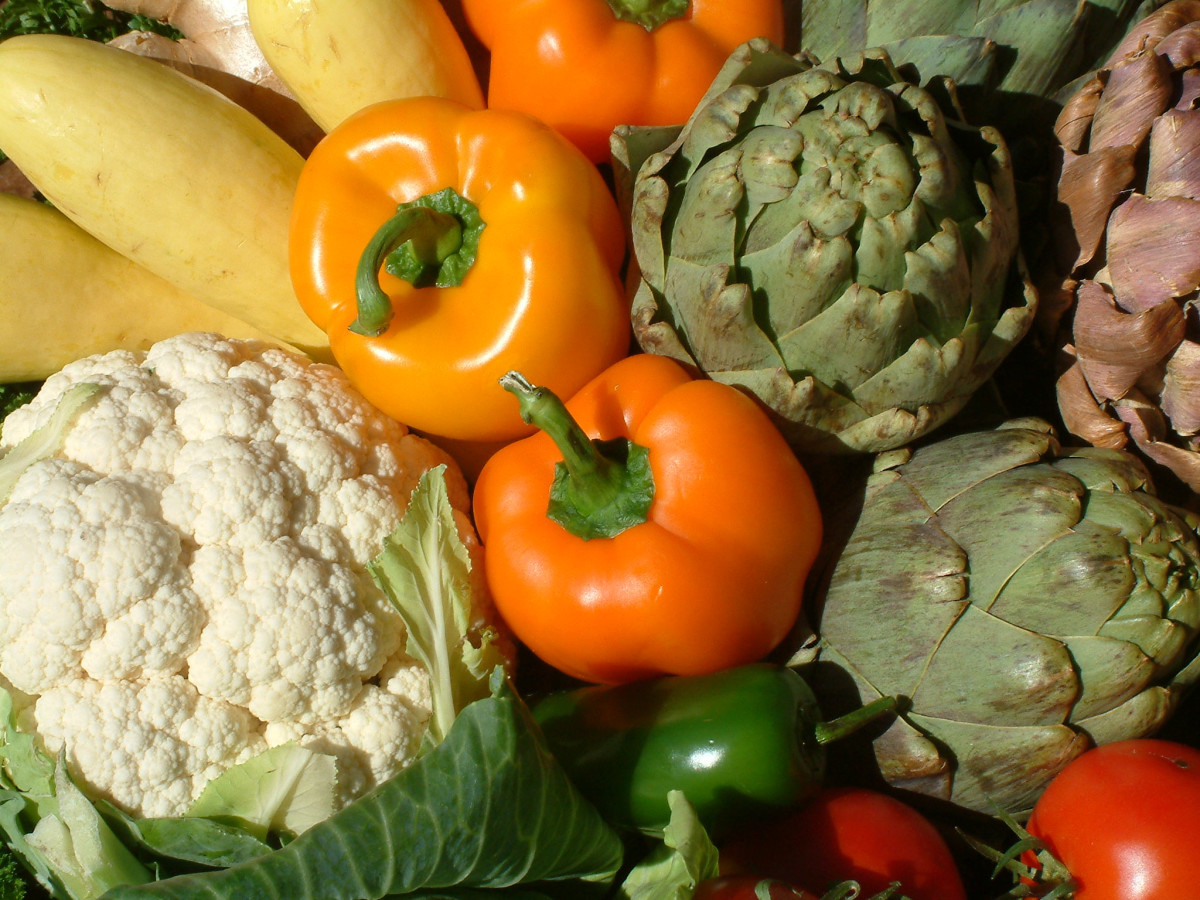The Top Benefits of A Vegan Diet
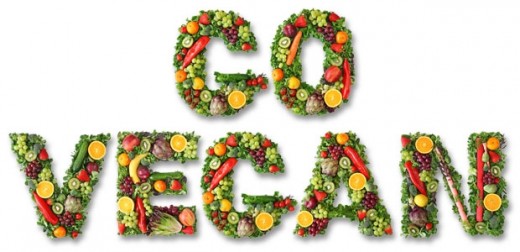
While a vegetarian diet allows the consumption of animal-derived products such as eggs, milk products and honey, a vegan diet excludes any ingredient that is of animal origin. A vegan diet provides us with environmental, ecological, social and health benefits.
1 Zero Cholesterol
A vegan diet contains zero cholesterol, simply because cholesterol is only contained in animal-derived products. A high level of cholesterol in our blood leads to atherosclerosis, which means in other words that our arteries start to clog. Eventually this leads to heart attacks and strokes. Foods that will help reverse the effects of high cholesterol include carrots, green apples, celery, kale, spinach, alfalfa sprouts, wheatgrass, guava, pineapple, grapefruit, oranges, capsicum, pomegranate, kiwis, garlic and ginger. You can combine some of these ingredients and make some great green juices and smoothies!
2 Weight Loss
People who stick to a vegan diet are usually very health-conscious and think about what they eat, where it comes from, whether it has been treated with chemicals and how it should be prepared and cooked. Most vegans inform themselves about the nutrients they need and buy vegan cookbooks, as it is not always easy in the beginning to replace milk products in the kitchen. Vegan cookbooks contain a lot of healthy recipes with foods high in fiber which make you lose weight and are filling. However, you should avoid eating a lot of vegan sweets. Vegan chocolate like chocolate made from rice milk has just about the same amount of calories as milk chocolate due to the sugar. It is recommendable to eat dark chocolate with a cocoa content of at least 70%, when you are craving for sweets.
3 Meat Production Wastes Natural Resources and Contributes to World Hunger
If every person on the planet used as many resources as an average American, we would need four planets of the size of the Earth. Resources are needed to provide us with food, water and energy. Raising animals for food requires much more space than growing fruits and vegetables.
We live in a world where children die of hunger every day. If there were more land available to grow fruits and vegetables instead of grains for animals, the food prices wouldn’t be exploding and people in poorer nations would actually have a better chance of survival.
Every day, eco-systems are destroyed to make room for croplands to grow grains for farm animals. Acquatic species are pushed to the brink of extinction and dolphins and turtles get caught in the nets of fishing trawlers.
Another issue is the burning of fossil fuel. Raising animals for food requires many more steps that burn fossil fuel than growing fruits and vegetables. Grains need to be fertilized, irrigated, harvested and transported to manufacturers and farms. Animals need to be transported to slaughterhouses. The meat needs to be once again transported to wholesalers and then to retailers. Meat is refrigerated and frozen in stores and then later at home. The amount of burnt fossil fuels is 11 times higher in the process of raising animals for food than growing fruits and vegetables.
Imagine you couldn’t shower for six months. The amount of water you use when you shower for six months is the amount used to produce 1 pound of meat. Growing 1 pound of wheat uses only 25 gallons while producing 1 pound of meat requires over 2.400 gallons of water.
Rain forest is destroyed to grow soy, of which most of it is fed to animals. We wouldn’t need to destroy the rain forest if we simply used the soy to produce tofu, soy milk and other soy-derived products.
The excrement from farm animals pollute our waterways, contaminate the soil and kill fish and other wild animals. These feces emit toxic chemicals which are transported through the air and cause inflammatory disease, among other things.
4 Cancer Prevention
Many fruits and some vegetables contain lots of antioxidants which are believed to protect the body against different types of cancer. Some of these fruits and vegetables are: prunes, raisins, blueberries, blackberries, strawberries, raspberries, plums, oranges, red grapes, cherries, kale, spinach, Brussels sprouts, Alfalfa sprouts, broccoli, beets, red bell peppers, onions, corn and eggplant. Vitamin C is also an antioxidant that makes your bruises heal faster.
5 Healthy Sources of Protein
Most Americans and Europeans actually eat too much protein from low quality meat. Red meat does not provide you with healthy sources of protein. Better options are beans, seeds, lentils, nuts and soy products.
6 Disease Prevention
Whole grains are believed to help you lower your blood pressure which poses a risk for the heart, the brain, the eyes and the kidneys.
It was revealed that men in the early stages of prostate cancer who switched to a vegan diet were able to stop the progression of the disease or even reverse it.
In countries where people don’t eat a lot of meat and animal products, the rates of breast cancer are much lower than in countries where lots of animal-derived products are consumed. The consumption of animal fat is supposed to raise the risk of developing breast cancer.
A vegan diet provides you with everything you need to prevent developing disease like Arthritis and osteoporosis. Arthritis is supposedly connected to the consumption of dairy products, while osteoporosis is linked to the high animal protein intake that actually washes out more calcium than if you take in calcium through plant-based foods. Great vegan calcium sources are broccoli, green cabbage, all types of headed cabbages and Chinese cabbage.
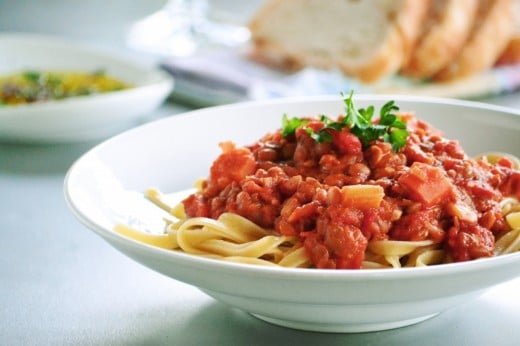
- How to Avoid A Vitamin B12 Deficiency: A Guide for Vegans
Vitamin B12 has an important function in our body. It is responsible for the formation of red blood cells, the active cell division and the formation of new cells. Thus, it is essential for survival. According to many experts, nearly the whole popula - Earth Blog 2020
Learn more about the link between pollution and meat diets. - Ancient and Modern Vegetarian Movements
In the society we have created and live in, it is hard to go against the mainstream when it comes to nutrition. We are influenced by the media, by our upbringing and education and of course by the general public opinion. Depending on the country you
7 Prolong Your Life!
It was revealed that vegans have a life expectancy of three to six years longer than people consuming animal-derived products.
11 Reduce your Body Odor and Bad Breath!
Meat diets are very demanding on the human body as a lot of toxins are contained in meat which stay in the body for a long time. This is why unpleasant odors can develop. Many vegans notice a reduction of their body odors and bad breath when they switch to a vegan diet.
12 Your Hair Will Shine
Vegans use vegan beauty products that usually don’t have preservatives or any other dangerous chemicals or silicon. Your hair will shine more naturally and won’t get greasy as fast as before.


